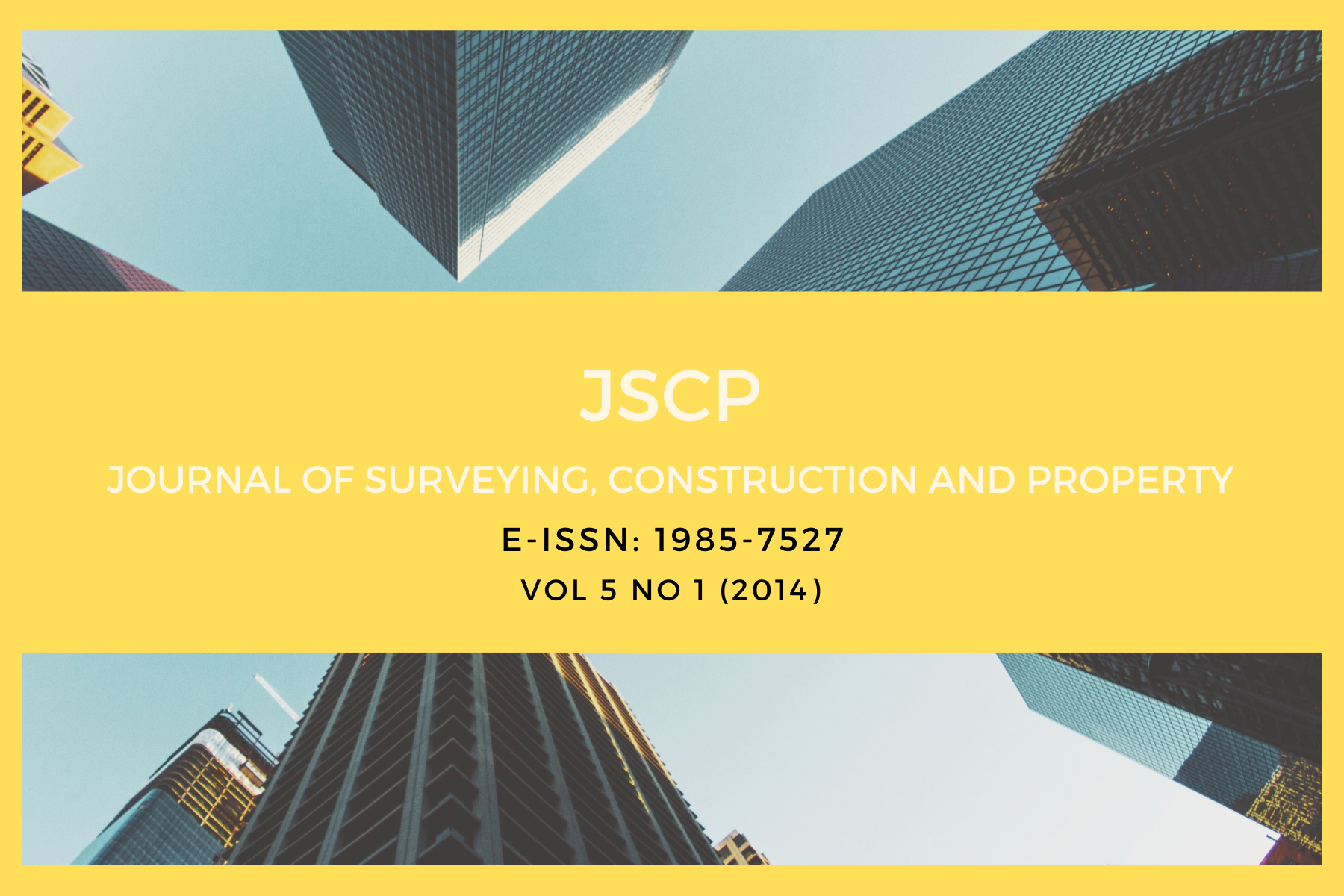The Response of Accessibility Infrastructures for PWD to National Disability Policies in Higher Institutions of Developing Countries: Case Study of Ahmadu Bello University, Zaria and University of Malaya, Kuala Lumpur
Main Article Content
Abstract
The paper adopted a case study approach to identify and compare the accessibility provisions to learning infrastructures and facilities of public higher-institutions for people (living) with disabilities (PWD) in developing countries, using Nigeria and Malaysia as case studies. One university from each country, Ahmadu Bello University (ABU), Zaria in Nigeria and University of Malaya (UM), Kuala Lumpur in Malaysia were selected. The objectives include identification of relevant buildings and accessibility provisions in them, using Audit checklist, comparison between the adequacies or otherwise of the facilities against the National policy provisions using content analysis. The study finds that UM have better provision of accessibility infrastructure but needs improvement. The expectation of the target audience is inclusive and Universal Design (UD) bottom-up approach and adherence to policy implementation. The study recommends adherence to the building regulations and standard requirement as informed by the respective national policy provisions to reduce accessibility restrictions in the two campuses.
Downloads
Article Details
COPYRIGHT: All rights reserved. No part of this journal may be reproduced, copied, or transmitted in any form or by any means—electronic, mechanical, photocopying, recording, or otherwise without proper written permission from the publisher. Any opinions expressed in the articles are those of the authors and do not necessarily reflect the views of the Universiti Malaya, 50603 Kuala Lumpur, Malaysia.
